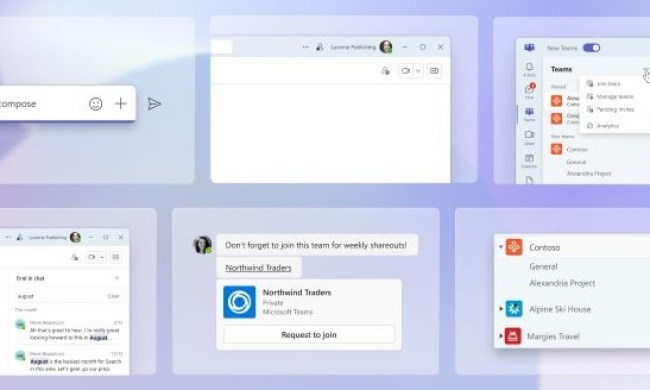Microsoft has now brought the Microsoft Teams app download to the Microsoft Store, providing a new installation method for Windows 10 and Windows 11 users other than a manual download.
Microsoft Group Program Manager, Mik Chernomordikov shared the news on Twitter on Monday, while publications including OnMSFT and Thurrott have confirmed that the software is near similar to the manual install version of Microsoft Teams, which you can get from Microsoft’s website. The current version is (1.5.00.11163.), OnMSFT noted.
Welcoming @MicrosoftTeams to Microsoft Store on @Windows! 🙌https://t.co/VFpFLIeodT pic.twitter.com/pU01CBP5Nc
— Mik Chernomordikov (@mixen) May 16, 2022
The main difference is that the downloadable version at the Microsoft Store is available only for work and school accounts for Windows 11 since there is already a version of Microsoft Teams available for consumer accounts on the new operating system, Thurrott noted.
Meanwhile, users can download Microsoft Teams for work, school, and consumer accounts.
Microsoft Teams was established in March of 2017 and has been available primarily as a manual download, the publication added. However, Microsoft has spent much of this year discussing its plans to streamline its productivity software suites.
Thurrott also noted that other applications, such as Microsoft Edge, have seen similar transitions, from manual downloads to Microsoft Store staples, as the brand works to transition its image into a one-stop-shop for productivity software.
We expect to hear more news on Teams at the upcoming Microsoft Build 2022 conference, which will take place from May 24 to May 26. Based on the names of the sessions, Microsoft may even discuss developments on how the metaverse might work with Microsoft Teams in professional spaces.
The complete Microsoft Build sessions catalog is now available for public viewing ahead of the conference, with approximately 300 of the 500 sessions having some association with Microsoft Teams.
Registration for The Microsoft Build conference is free and it can be attended virtually.



